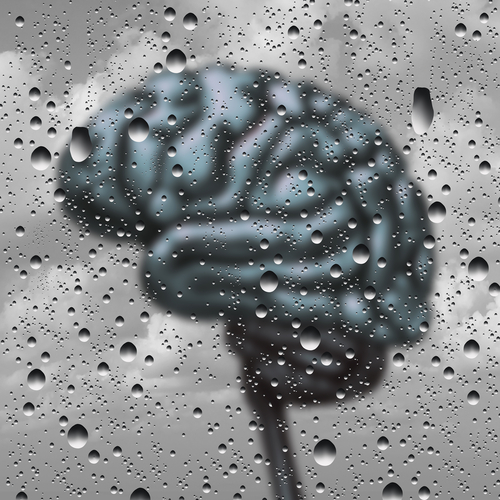Heroin affects the people who are addicted to it in a wide variety of ways, but one of the biggest problems is how the drug affects your brain, including its function and chemical systems. Heroin is an opioid, which works as a type of depressant for the central nervous system. The core of that system is the brain. Heroin binds to the opiate receptors in the brain, which causes the short term affects of the drug, but over time, this can have serious consequences for your brain’s health.
Some of the immediate effects of heroin include an intense sensation of euphoria, drowsiness, an absence of pain along with severely clouded mental functioning. They can appear almost immediately after using the drug, and the dose will last for a few hours. After these initial sensations wear off, a person can begin to constantly alternate between being wide awake and being extremely drowsy, due to how the chemical interacts with the brain and the rest of the body, including the respiratory system.
When someone uses heroin for a long period of time, the negative effects of the drug are even more prominent, and most often, a person struggling with heroin addiction will find themselves facing severe psychological problems as well. The brain becomes so hooked on the substance because constant long-term use hijacks the brain’s chemical system, and many people find that they’re unable to naturally regulate their mood or respond to stress or other common factors of life. It literally tricks your brain into thinking you can’t function with it, and your brain reacts as such, with poor memory and cognitive function.
In addition, repeated, regular heroin use changes the physical structure of your brain and can cause imbalances in hormonal and chemical systems all through the body. This can simply cause a chain reaction of other health problems, including mental health distress.
It can be extremely difficult to overcome an addiction to heroin, and it’s common for people to struggle with cravings or even relapse, some even years after achieving sobriety. Heroin is extremely addictive, and if you’re worried that you or a loved one have an addiction, you should take steps to get help as soon as possible. It can feel like a dark pit you’re trying to crawl out of, but there IS hope for your future. Being willing to get help is the first step, and The Springboard Center is fully prepared to help you pull yourself into sobriety. Equipped with a medical detox program to go with their residential or outpatient programs, they can help custom fit a treatment plan that’s going to work for you and what you need, instead of you trying to push through a one-size-fits-all style treatment. Hope is out there, and it’s waiting for you to seize the moment and take your first step back to your life. Call today: 432-620-0255.




